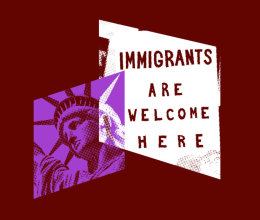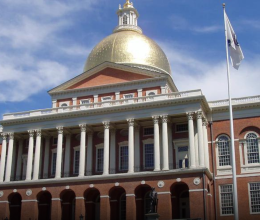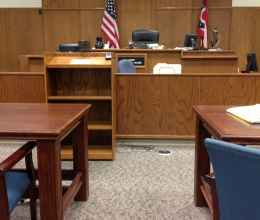
Before you head to the polls, learn where Boston City Council candidates stand on important issues facing Bostonians.
Local elected officials have considerable power to shape and implement policies that impact all of us. Find out how the candidates for Boston City Council intend to use their power to create safe neighborhoods. Public safety, especially for people of color, immigrants, Muslims, and other marginalized communities, is at risk due to over-policing, excessive prosecution, violence, and invasive face surveillance. Our communities deserve access to resources for education, employment, drug treatment, health care, and other social services.
The questionnaire asks candidates where they stand on a wide range of issues that impact the daily lives of Bostonians—criminal punishment, policing, surveillance, immigration, and civil rights and civil liberties. It was created by the ACLU of Massachusetts, Boston Users’ Union, Cosecha, Council on American-Islamic Relations-Massachusetts (CAIR), Digital Fourth, Families for Justice as Healing and Student Immigrant Movement (SIM).
You can find a sample of the candidates' answers below, and view their full responses at the bottom of the page.



